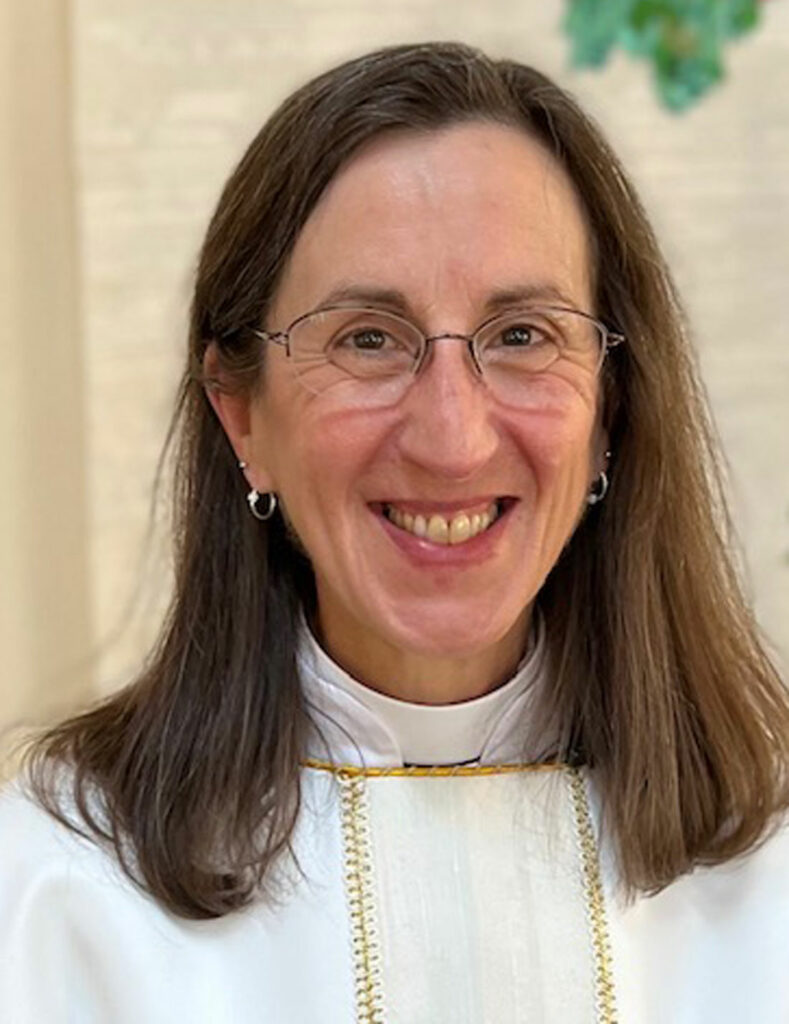I was in Chicago on May 24, celebrating my granddaughter’s 5th birthday. It was going to be a quick three-day trip, but I ended up staying for 12 days thanks to Covid. It was a trip I’ll never forget. Not because I came down with the virus, but because of the national news flash about a mass shooting at an elementary school in Uvalde, Texas—a place I’d never heard of before that day.

I was helping Miss P get ready for preschool when I got a text from my husband who was in another room. “Another school shooting—Texas.” My heart sank and I felt like I was going to be sick. It was shocking, but sadly, not surprising. In my head, I joined the millions of people who said, “It could have been my ____________ (child, grandchild, niece, nephew, Godchild).”
Maybe you could fill in the blank too that day. It breaks my heart to know that there were people for whom “could have been” changed to “was.”
Sadly, social media dismisses the sentiment about “thoughts and prayers” as hollow, worthless words that do nothing to help the problem of gun violence. I couldn’t disagree more. Our thoughts and prayers are an indication that we have hope; and hope is what helps us navigate times such as these. It helps us summon the courage to love our neighbor, to show compassion and to take action for change that is needed for the good of all people.
Though I wasn’t able to attend, I saw pictures of the Morgan Hill/Gilroy Vigil on Wednesday, June 1. People of different faith traditions and backgrounds came out to offer thoughts and prayers for the victims of violence. The pictures relayed a sense of hope in the faces of the people gathered. Offering flowers, praying, sharing stories, singing—all of these and more nourish hope that evil does not get the last word and that the world can be better.
One of the many blessings of interfaith communities is that we hold hope in common. We recognize that we are called to be conduits of hope in all times, but especially in times of pain and sorrow and deep yearning. We know that hope drives our desire for justice and peace for today and for the generations that are to come. We are aware that we do our best work when we come together to nourish that hope.
And so yes, in faith we offer our thoughts and prayers because we have compassion for people who suffer and hope for a more perfect world where all people can flourish. For the gift of hope we can say, thanks be to God.
The Reverend Karen Cuffie, Rector, began her ministry at St. John the Divine Episcopal Church in Morgan Hill in 2018. She was already well known by the parish because she is a former parishioner. Ordained to the priesthood in 2016, Rev. Cuffie is an active participant in the Interfaith Clergy Alliance of South County. She can be contacted at re**********@***il.com.








